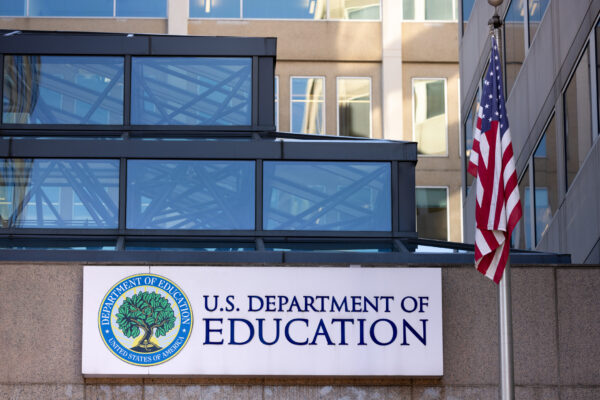One issue that has been of interest to us is connecting academic subjects with the concrete, usable skills they impart. To what extent do voters connect academic subjects with the real-world skills that students will need as adults?
To begin to answer this question, we asked voters two questions on our latest survey for Winning the Issues (June 14-16). First, how important is it for students graduating high school to understand variables and equations? Then, how important is it for students graduating high school to understand how a mortgage works, including what the monthly payments would be and how long it would take to pay it off? Understanding variables and equations, the foundation of algebra, is arguably foundational for being able to understand the mechanisms of taking out and repaying a loan for a house.
As shown in the table below, majorities of voters said both would be important, but with a gap between the importance of understanding variables/equations (79-18 important-not important) and the importance of understanding a mortgage (92-6). This was similar among parents (78-19 for understanding variables/equations; 93-5 for understanding a mortgage).

The difference in perceived importance is even greater when looking only at those who called each “very important.” Overall, 41% of voters said understanding variables and equations was very important. In contrast, two-thirds (67%) said understanding how a mortgage was very important, a difference of 26 points. The margin was only a little narrower among parents (18 points), with 46% saying that understanding variable/equations was very important and 64% saying that understanding a mortgage was very important.

While understanding both algebra and a mortgage are seen as important, voters clearly place more emphasis on the mortgage, demonstrating the disconnect between the academic subjects typically taught at school and the types of “real-world” skills parents typically say they want for their kids. Last week, we highlighted the recent NPR/Ipsos survey, showing that 40% of parents were concerned about students being prepared for the future. While there are many ways K-12 education could (and should) address this concern, a good first step might be to more closely demonstrate the links between what students are already expected to know when they graduate and the skills they will need as adults.







